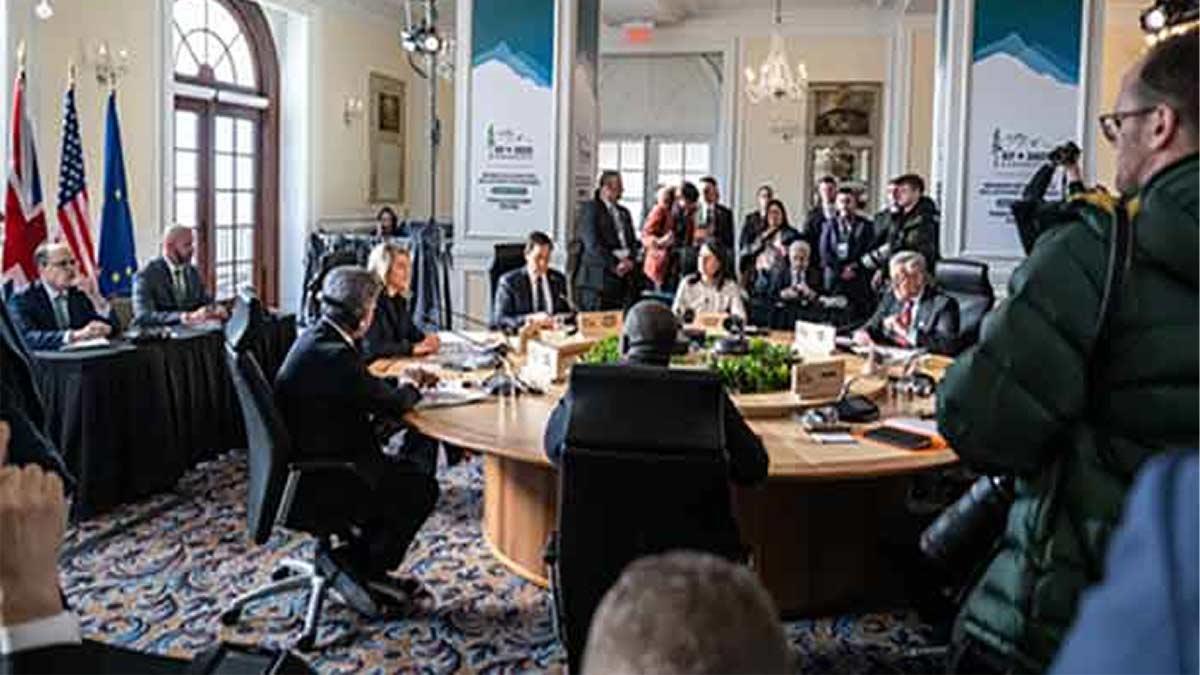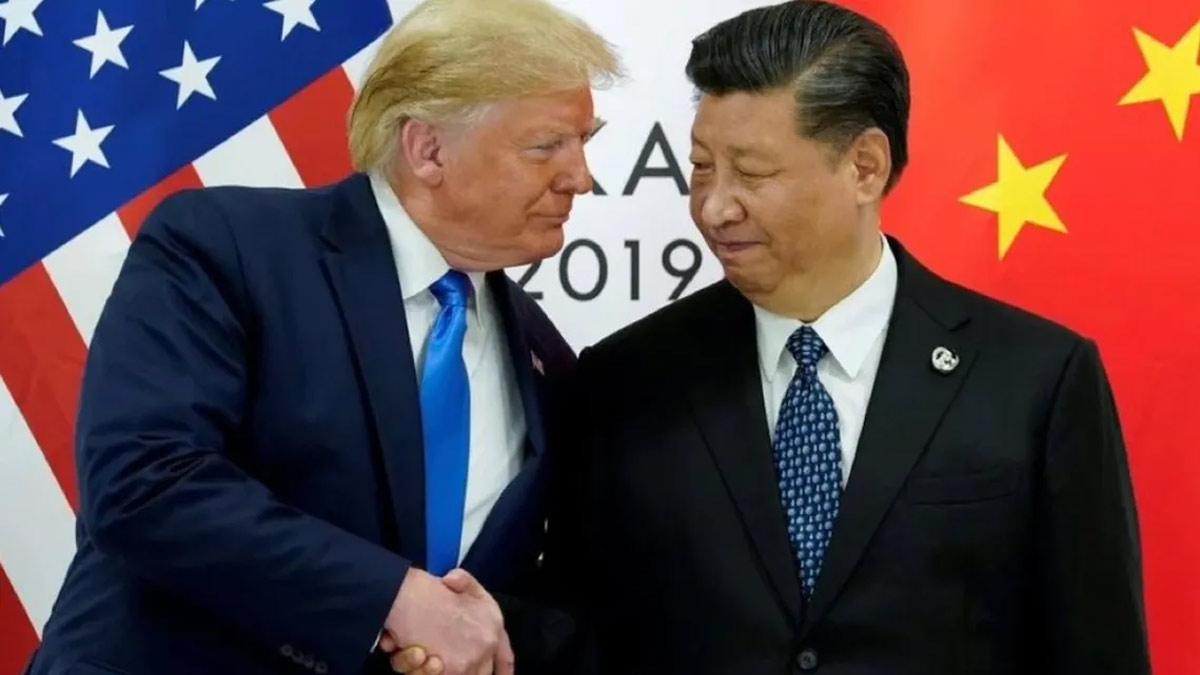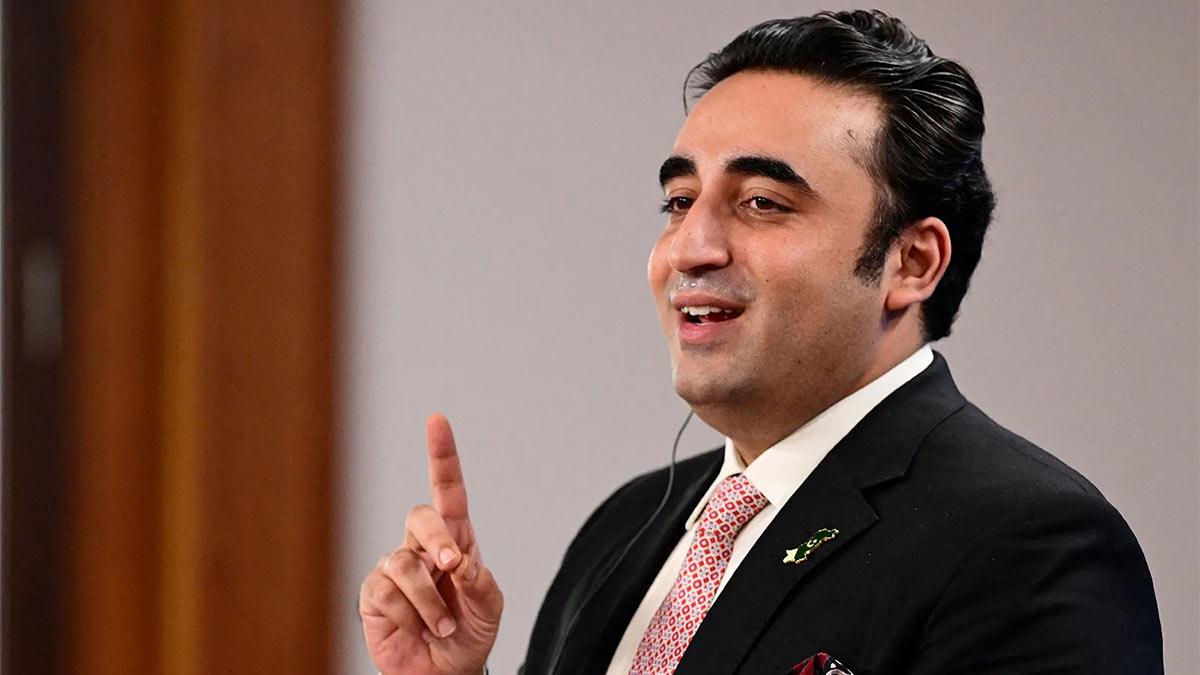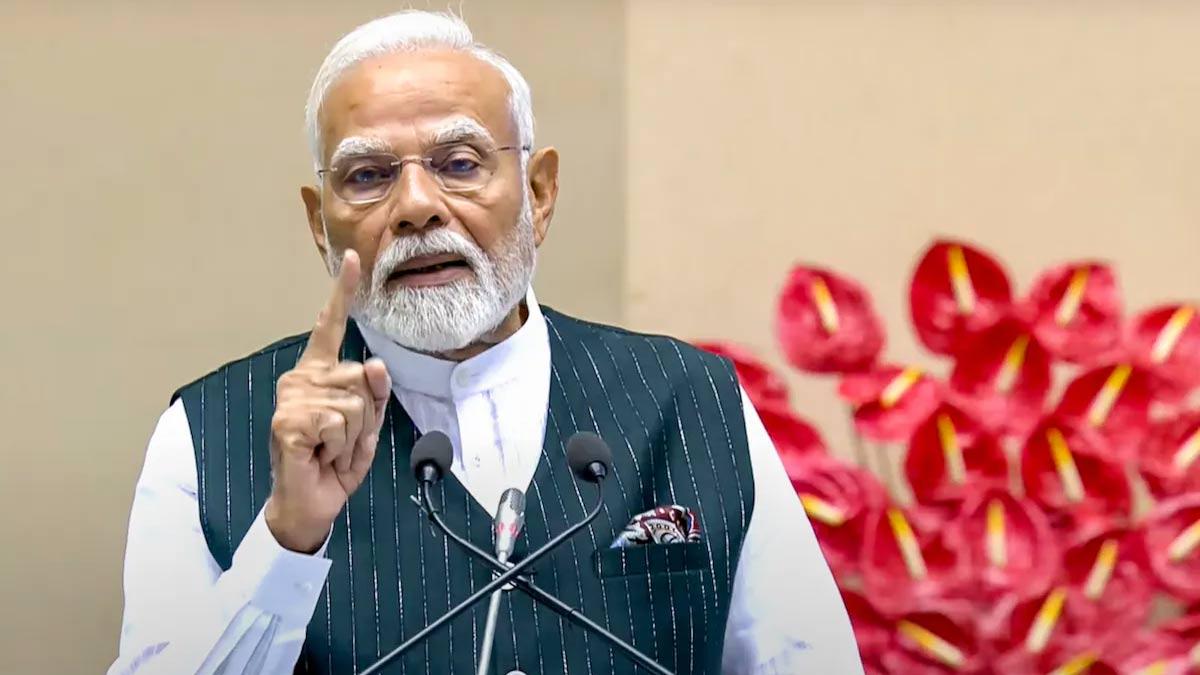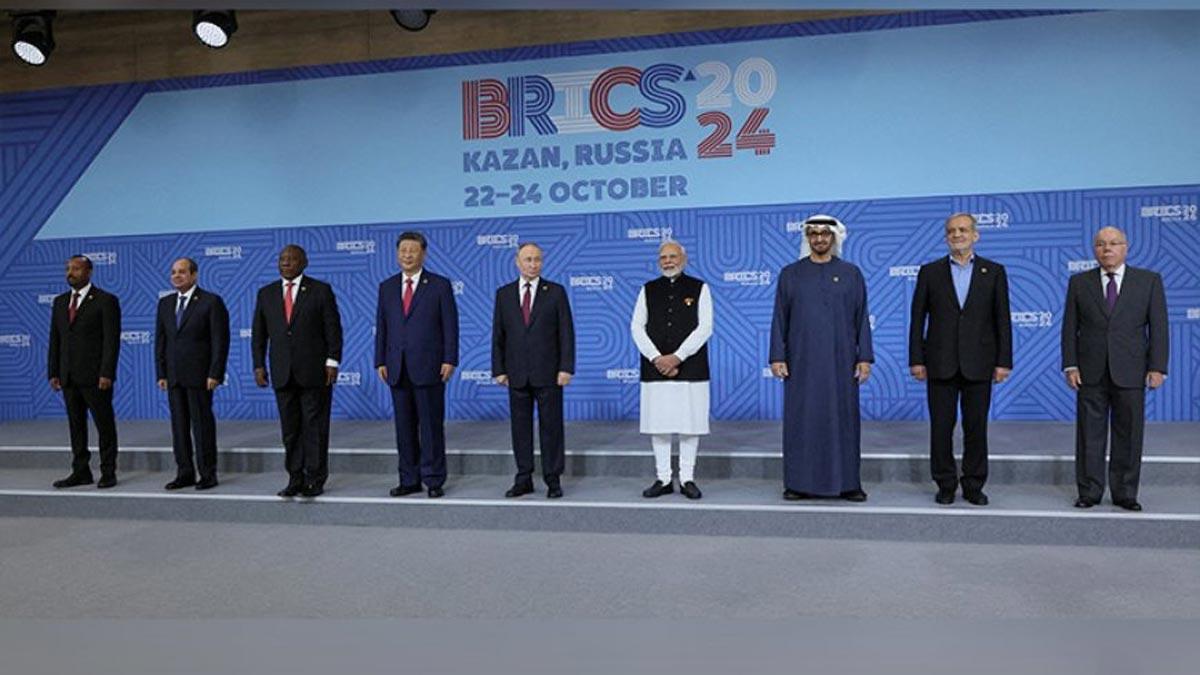The Group of 7 (G7) Foreign Ministers vehemently condemned China's aggressive behavior in the South China Sea as they ended a three-day gathering in Quebec, Canada.
The G7 also reaffirmed its determination to gain a ceasefire in Ukraine, after Kyiv signed onto a US-backed plan for peace.
The group also adamantly stood up against China's increasing assertiveness in the Indo-Pacific theater.
The gathering, held from March 12 to 14, 2025, in Charlevoix, Quebec, brought together the Foreign Ministers of Canada, France, Germany, Italy, Japan, the United Kingdom, and the United States, along with the High Representative of the European Union.
In their Joint Statement, the ministers reaffirmed their commitment to a free, open, and secure Indo-Pacific, emphasizing the principles of sovereignty, territorial integrity, peaceful dispute resolution, fundamental freedoms, and human rights.
They condemned China's "militarization and coercion" in the area and opposed any unilaterally forced attempt to change the status quo, especially through the use of force.
"We are still very seriously concerned about the situations in the East China Sea as well as the South China Sea and continue to strongly object to unilateral efforts to change the status quo, in particular by force and coercion," the statement said.
The G7 ministers also deplored China's deployment of aggressive behaviors, such as threatening maneuvers and water cannon charges against Philippine and Vietnamese ships. They warned against attempts to restrict freedom of navigation and overflight in the South China Sea as an affront to international law.
Moreover, the group emphasized the need to ensure peace and stability in the Taiwan Strait and expressed concern over China's military expansion and its accelerating nuclear buildup.
"We appealed to China to enter strategic risk reduction talks and foster stability through openness," the statement called on them to do.
Support for Ukraine and Possible Sanctions against Russia
The G7 also reaffirmed its unwavering support for Ukraine, welcoming continued diplomatic efforts to establish a ceasefire. The ministers underlined the US-Ukraine meeting on March 11 in Saudi Arabia as a major step toward the cessation of hostilities.
The statement appealed to Russia to accept a ceasefire on an equal basis and apply it in full.
"We also talked about making Russia pay even more costs in the event of not reaching such a ceasefire, including by way of additional sanctions, oil price caps, and further assistance to Ukraine and other ways," the statement cautioned.
As tensions escalated on several fronts, the G7's latest position reiterates its pledge to meeting aggression, upholding international law, and supporting global stability.
Read also| Danish FM Rejects U.S. Annexation Speculation on Greenland
Read also| Mark Carney Takes Oath as Canada's New Prime Minister

